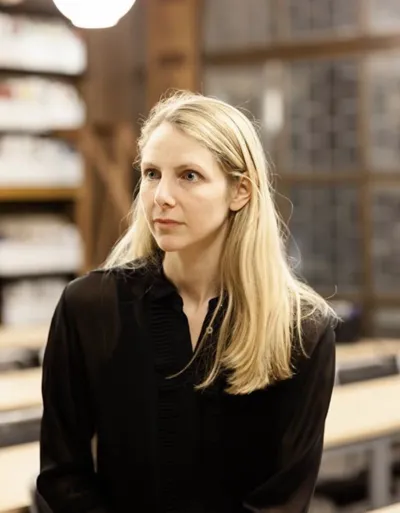
New collaborative research launched to understand the production, consumption, circulation and regulation of conspiracy theories across Europe.

A new research project housed in the Department of English is underway to understand how digitisation affects the spread of conspiracy theories.
The REDACT project, which has been funded by CHANSE – a collaboration between 27 funding organisations from 24 countries, sees researchers from around Europe look into some of the unique aspects of how mis- and disinformation spread online.
Professor Clare Birchall – co-author of Conspiracy Theories in the time of Covid-19 – leads the project:
 Professor Claire Birchall
Professor Claire Birchall
“I have worked on contested knowledges like conspiracy theories for a long time and am delighted to be given the opportunity to work with colleagues across Europe on a comparative project. This kind of work will allow us to ascertain how regional histories of propaganda, press freedom, and politics shape online conspiracy narratives.”
With so much polarising disinformation aired on for-profit, privately-owned social media platforms, Professor Birchall underlines the difficulties of tackling this social issue.
“Disinformation is a hot topic at the moment with the so-called infodemic that accompanied Covid-19, claims of a stolen election in the US, and now the war in Ukraine. The REDACT project will suggest that conspiracy theories are unlike other forms of false information because they are so tied to identity and belonging. We will be working with organisations tasked with tackling disinformation to address what particular challenges conspiracy theories present.”
/Public Release. This material from the originating organization/author(s) may be of a point-in-time nature, edited for clarity, style and length. The views and opinions expressed are those of the author(s).View in full here.
Source



